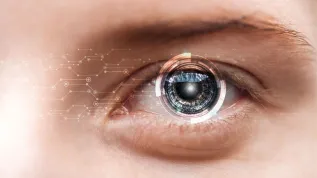
Scientists from the University of Gdańsk have been granted a European Patent for a new form of the anti-inflammatory drug nimesulide, which features improved physicochemical properties that could enhance treatment effectiveness and reduce side effects.
The invention, developed by Professor Artur Sikorski and Małgorzata Rybczyńska from the university’s Faculty of Chemistry, introduces nimesulide salts with better solubility and absorption than the standard drug form.
These improvements allow the substance to remain in the body longer, potentially lowering the required dosage, extending the interval between doses, and enabling administration through gels, patches, or suppositories.
Nimesulide is a non-steroidal anti-inflammatory drug (NSAID) commonly prescribed to treat pain, fever, and inflammation. According to the university, poor water solubility has been a key limitation for this class of drugs, reducing their absorption and therapeutic effectiveness.
Sikorski said that NSAIDs account for about 10 percent of all analgesic, anti-inflammatory, and antipyretic medications prescribed worldwide. “We reach for them when we feel pain, catch an infection, or have a fever. For these reasons, work on NSAID drugs is an important social challenge for scientists,” he said in a university statement.
The university said the new nimesulide forms could improve patient safety and comfort while supporting the development of more effective and affordable therapies.
The process of obtaining patent protection for the invention 'Nimesulide salts and method for obtaining nimesulide salt crystals' was coordinated by the Technology Transfer Office at the University. (PAP)
pm/ agt/ kap/
tr. RL













